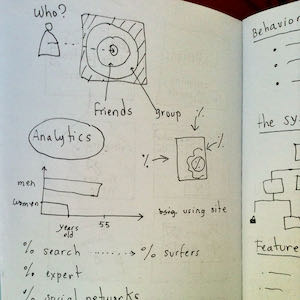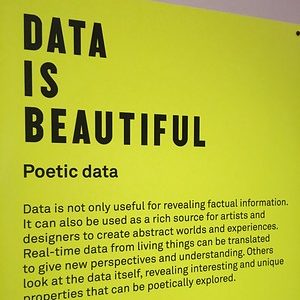Courses Taught
Below you will find brief descriptions of courses I have taught recently. These classes were delivered in various formats, including in-person, online asynchronous, and hybrid (combination of in-person and online). Please contact me if you would like more information.
James Madison University

WRTC 316 Research Methodologies in Writing, Rhetoric, and Technical Communication
Core major course covering research practices in our multi-disciplinary field. The course equips students to ask good, ethical research questions to take on academic and professional issues. Students will design an empirical research product of their own—one informed by library-based research on the topic of their choice, with the aim of understanding the scope and logistics of a research study.

WRTC 103 Rhetorical Reading and Writing
First year writing course that teaches students how to write effectively in new situations. By practicing reading and writing as rhetorical activities, students learn how to explore and research topics; design writing for diverse audiences, purposes, and occasions; and use feedback to improve their writing.
Arizona State University

TWC 422/522 Social Media in the Workplace
Combined graduate/advanced undergraduate course exploring rhetorical strategies for using social media in workplace situations, including how different social media meets the needs of different audiences and communities, and consideration of intellectual property, copyright, justice, and ethics.

TWC 414/514 Visualizing Data and Information
Combined graduate/advanced undergraduate course on data management and use of software tools to communicate patterns and tell visual stories, as well as how to make ethical choices in visualization design and delivery in ways that assist audiences to effectively access and process information.

TWC 411/511 Principles of Visual Communication
Combined graduate/advanced undergraduate course on using design principles, rhetorical knowledge, and tools of visual communication in print and electronic media, with an emphasis on document design, including typography and color, as well as basic web design and accessibility/usability concerns.
University of Minnesota

WRIT 3577W Rhetoric, Technology, and the Internet
Advanced undergraduate course examining the influences that technology and the internet have in the world and our lives, using rhetoric as a framework for thinking about how people communicate with, through, and about technology. Considers how positionality, privilege, and power are embedded in conceptions of technology and technology use.

WRIT 3562W Technical and Professional Writing
Advanced writing-intensive undergraduate course covering the fundamentals of workplace writing, including composing common genres, explaining complex technical information to different audiences, rhetorical analysis and strategies, designing visual and verbal information, and considering ethical implications and the ways knowledge, power, and human activity impact writing.

WRIT 3029W Business and Professional Writing
Undergraduate course exploring communication within and among organizations to promote business, including persuasive communication that supports new proposals, products, or grants. Approaches business writing as grounded in the rhetorical situation, or an understanding of audience, purpose, context, and ethical implications of communication.

WRIT 1301 University Writing
Intensive first-year writing course on the fundamentals of academic writing. Approaches writing as a flexible and fluid revision-based process anchored in understanding and responding to rhetorical situations. Prepares students with a set of flexible skills that will help them approach each writing situation prepared to assess and address the unique aspects of that scenario.